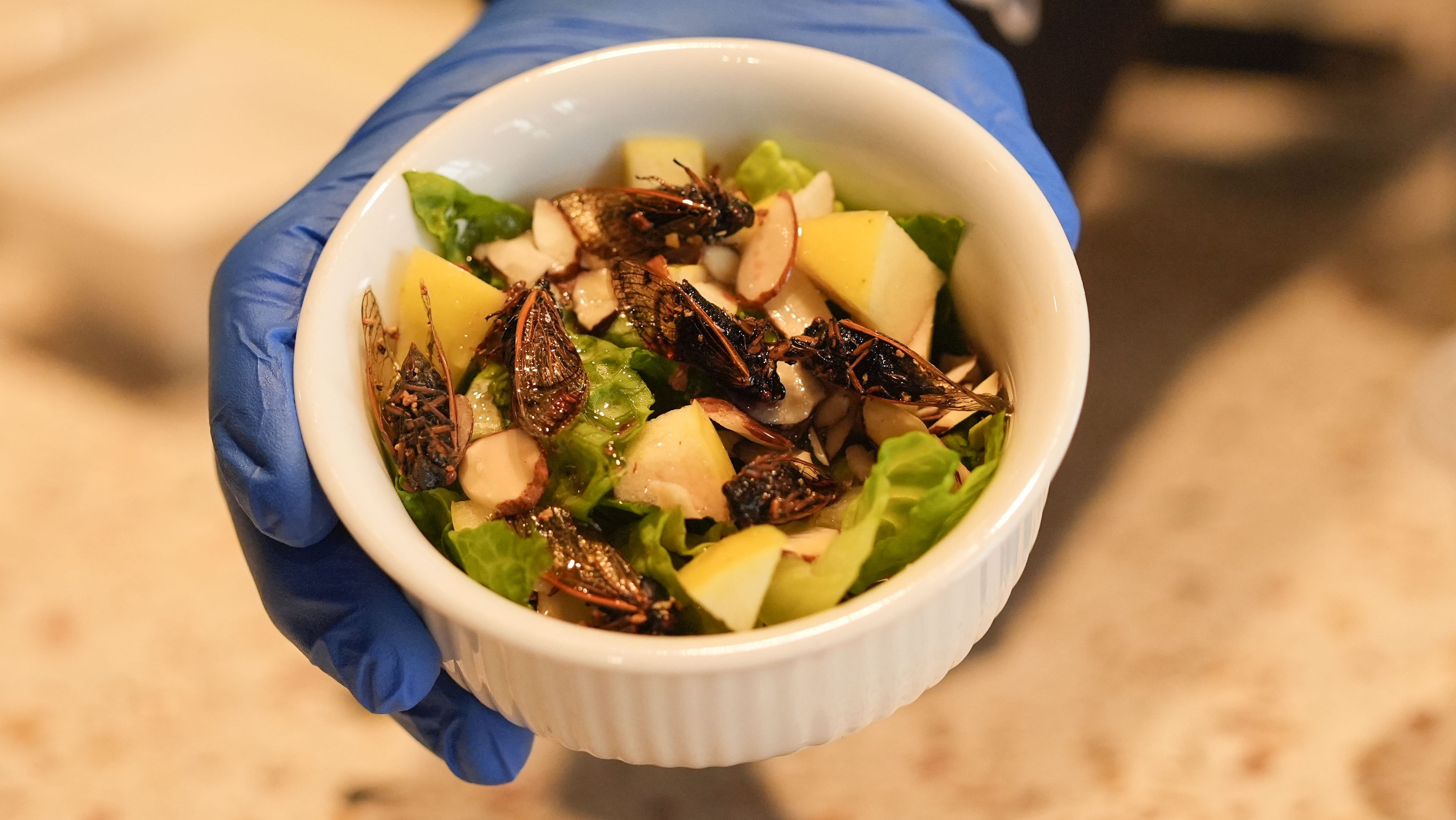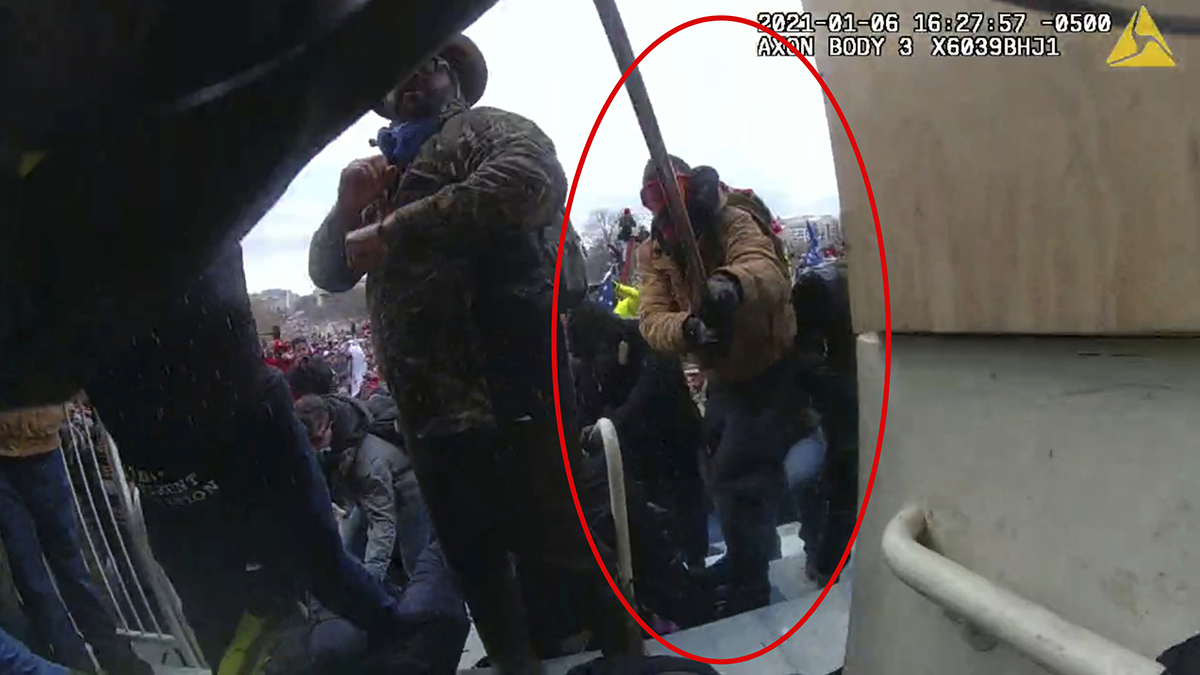The October debut of "Westworld," like "Lost" and "Game of Thrones" before it, triggered a growing fusillade of fan theories.
But how's this for a spoiler alert: All the story-advancing clues serve to distract us from the full, disturbing implications of the show about a Western-themed amusement park populated by life-like robots. In the "Westworld" universe, the things that make us most human – the capacities for complex emotion and memory and to create our own mythology – are no longer the sole province of human beings.
The first season of the breakout HBO drama ends Sunday with, little doubt, new revelations on tap. One possibility: We might not like what's at the end of the maze.
"The Maze," along with "hosts" and "newcomers," is part of the argot of "Westworld," which also packs a striking visual vocabulary of its own, bouncing between the 19th century sex-and-violence playground for the rich and the perhaps not-so-futuristic Frankenstein-like lab where the robots are built and their backstories are wrought in code.
The series takes huge strides past the original 1973 Michael Crichton cult movie that bears its name and basic set-up. While the original wrung chills out of cowboy robots-turned-bad, the new version, created by Lisa Joy and Jonathan Nolan, turns the black hat vs. white hat ethos of Old West tales into a Technicolor swirl of ambiguity.
Despite the high-concept premise, "Westworld" is primarily a character-driven piece, human and otherwise, buoyed by stellar acting.
They don’t make enough Emmys for these great performances: Thandie Newton as a saloon madam on a mission; Evan Rachel Wood as an increasingly sentient farm dweller; Jeffrey Wright as Bernard and the (so far) unheard Arnold, two pivotal characters on both sides of the human-robot divide; Anthony Hopkins as Westworld’s cold puppet master; Jimmi Simpson as an earnest first-time visitor and Ed Harris as the sadistic Man in Black, who may be the same person.
U.S. & World
But that's just one popular fan theory about a show that bends expectations and time, playing with A.I. possibilities and fears as it extends the wild ride "2001: A Space Odyssey" embarked upon nearly a half-century ago.
The drama also packs in older allusions, to Shakespeare and Dante. But the strongest “Westworld” inspiration may be Lewis Carroll, whose “Alice in Wonderland” keeps popping up – most prominently in Bernard's recollections of reading to his dying son, who apparently never existed.
“If I had a world of my own, everything would be nonsense,” Bernard reads, channeling Alice. “Nothing would be what it is because everything would be what it isn't.”
What exactly "Westworld" isn't is not clear yet. What it is appears more certain: a rare prismatic gem of show bent on making us peer past the fan theories and through the looking glass to examine our very existence.
Jere Hester is Director of News Products and Projects at the City University of New York Graduate School of Journalism. He is also the author of "Raising a Beatle Baby: How John, Paul, George and Ringo Helped us Come Together as a Family." Follow him on Twitter.



